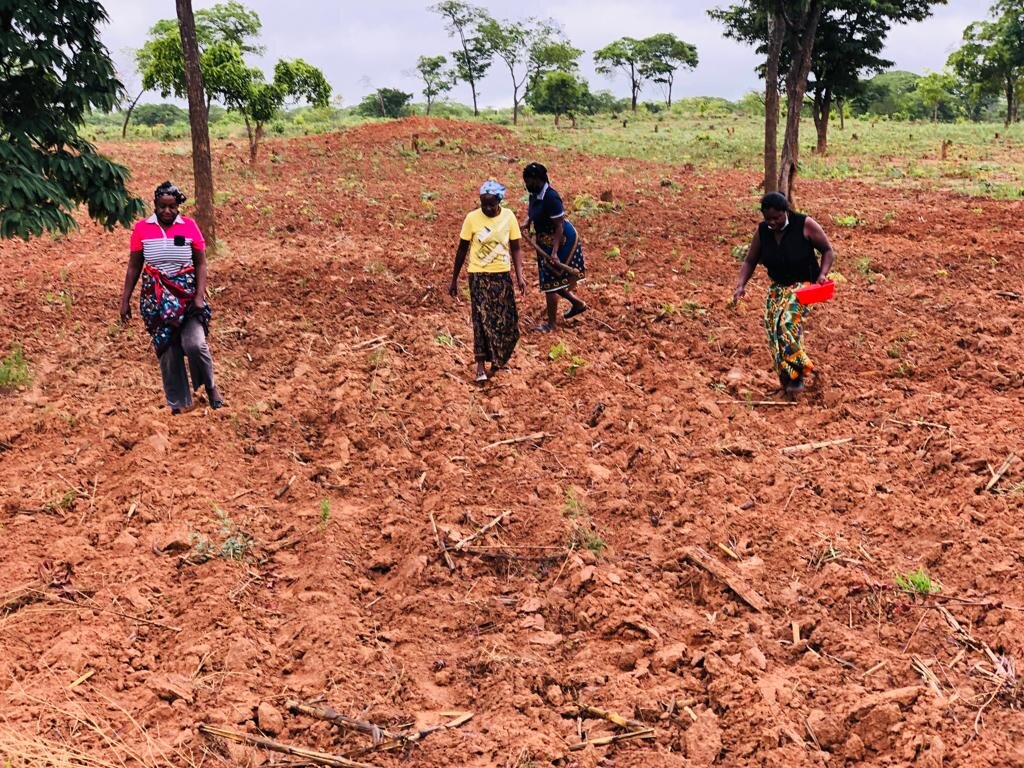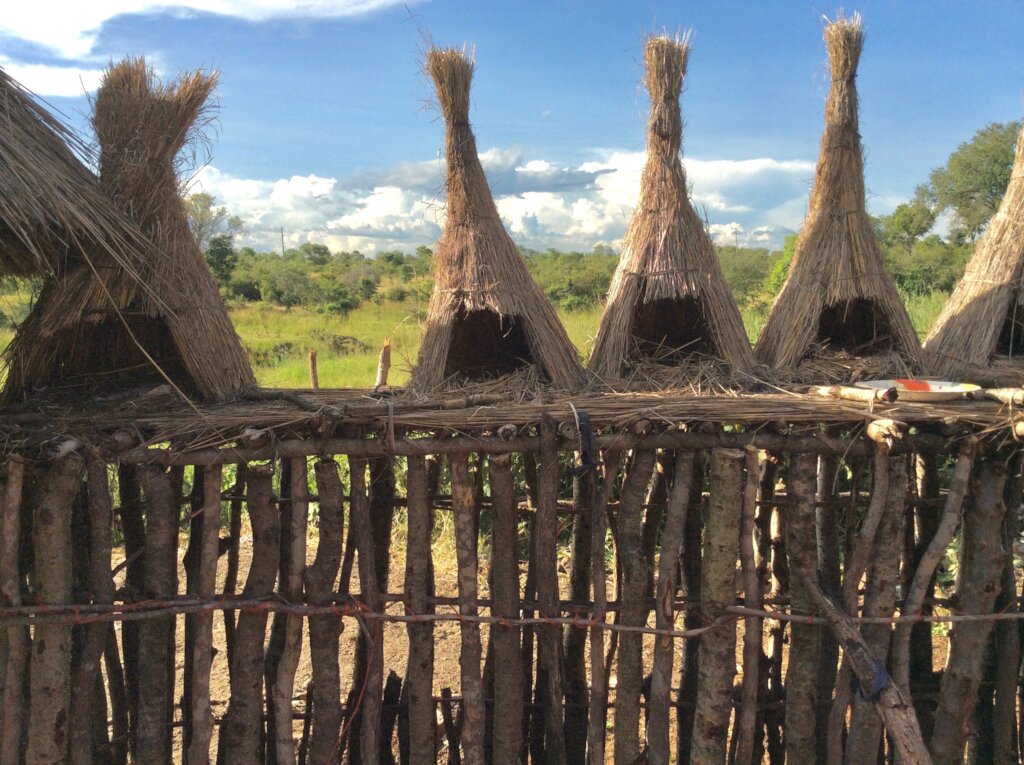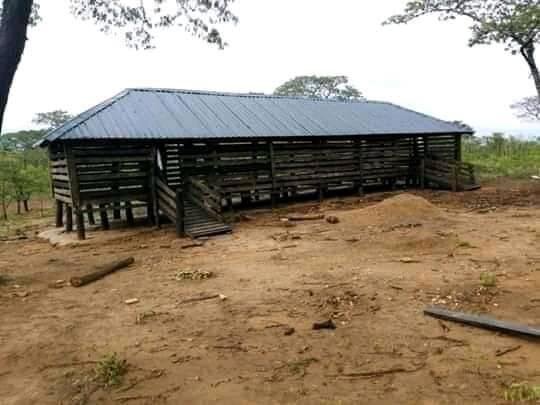Project Report
| Jan 10, 2022
The First Crops Are Being Planted!
![Women planting peanuts]()
Women planting peanuts
We are all affected by the pandemic. But can you imagine the toll it has taken in countries less well off than ours? In Zambia, the price of food has tripled, making it impossible to adequately feed families who had been just getting by before Covid. Among the hardest hit were folks like the AACDP community of families who have children with disabilities. We ran a food drive for three months in June, July and August of 2020 to provide at least some staples like corn meal, sweet potatoes, oil and dried fish.
Then our Zambian manager, Sydney Mwamba, came up with the brilliant idea that we start a campaign to buy land and create a communal farm that our small community can run themselves. This concept offers a real and sustainable solution to food insecurity for the years to come. It especially makes sense because these people come from villages that depend on growing crops for sustenance and income; they know how to farm and are very excited about the possibility of using their skills to secure their future.
Farmland was found and bought, a well dug and a solar irrigation system installed. Tools were purchased and a cow brought to plow the field for the first crops of corn, soy beans and peanuts, just as the rainy season begins. These crops do not need much attention once they are planted, as long as they get water. So, as soon as these first staple crops are in the ground, the women (and they are almost all women) will start to cultivate vegetables and build fences for protection.
The farm is thirteen miles from Livingstone, so traveling there and back in a single day does not leave enough time to get much work done. A simple shelter has been built so that the small groups who come out to work can stay overnight. When they cannot be there, a neighbor acts as a caretaker, keeping their seeds safe and checking on the farm.
We can see that in the future a vehicle will be a great asset for transport to and from the land and for hauling materials but for now we are discussing other projects such as raising chickens, goats and fish farming, which all have potential to create income for further improvements. "Village chickens", as farm raised chickens are called, are sought after because they really are much tastier than the ones in the grocery stores and so are a good source of income. But goats are the cheapest to raise because they forage in the surrounding land, which cuts feed costs and helps cultivate the wild fields nearby, so we have elected to begin with the goat raising program.
Sydney Mwamba, our Zambian manager, hopes that within a year we can raise several generations of animals that will bring in an estimated $1000. For now we have alotted $900 to build a goat shed so that we can begin raising the animals as soon as possible.
Sustainability is the ultimate goal, and we are on the path toward achieving it. Seeing the energy surrounding the farm and its possibilities is truly wonderful. The bottom line is that now there are possibilities where none existed before, and these capable, competent women are determined to transform those possibilities into reality.
The AACDP community is so grateful for the donations which helped create these possibilities. Your partnership in the communal farm is vital!
![Traditional chicken coops for Village chicken farm]()
Traditional chicken coops for Village chicken farm
![Example of future goat shed]()
Example of future goat shed
Links:
![Share on Twitter]()
![Share on Facebook]()


